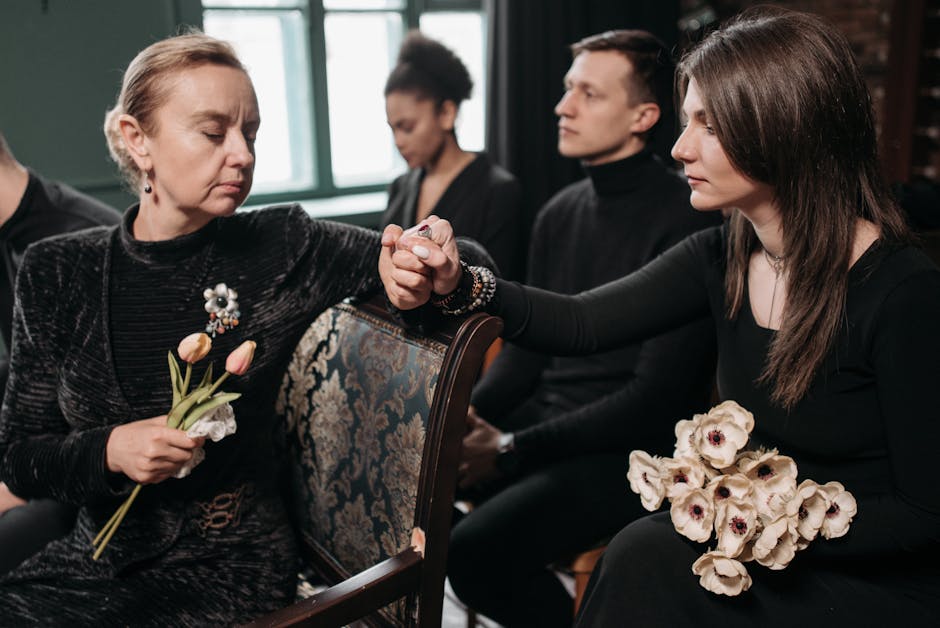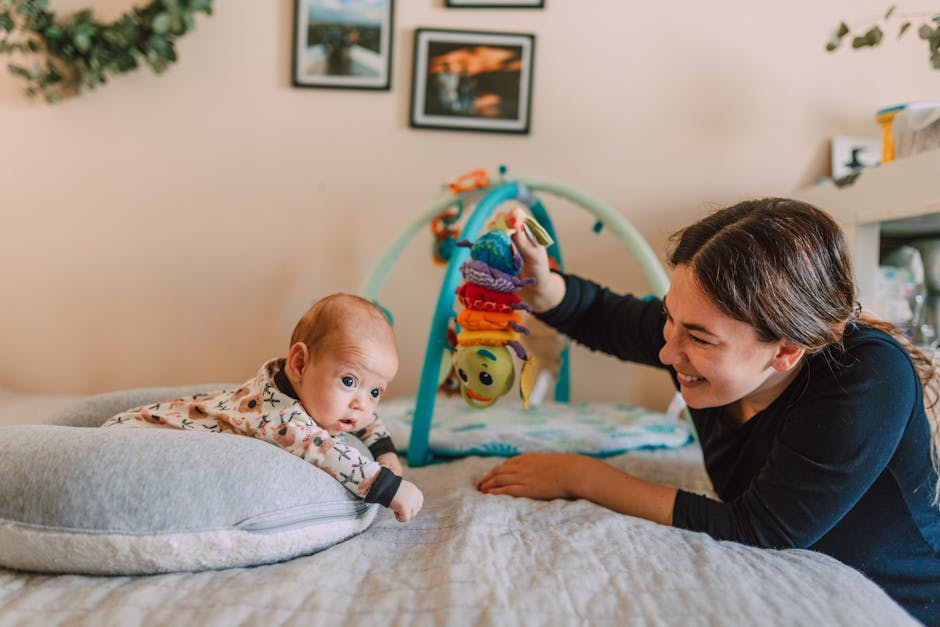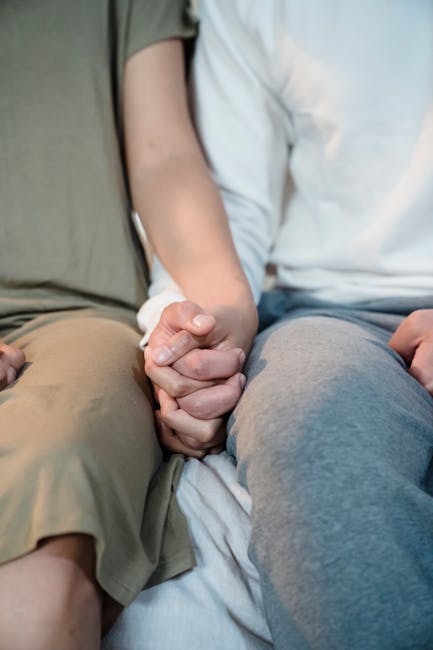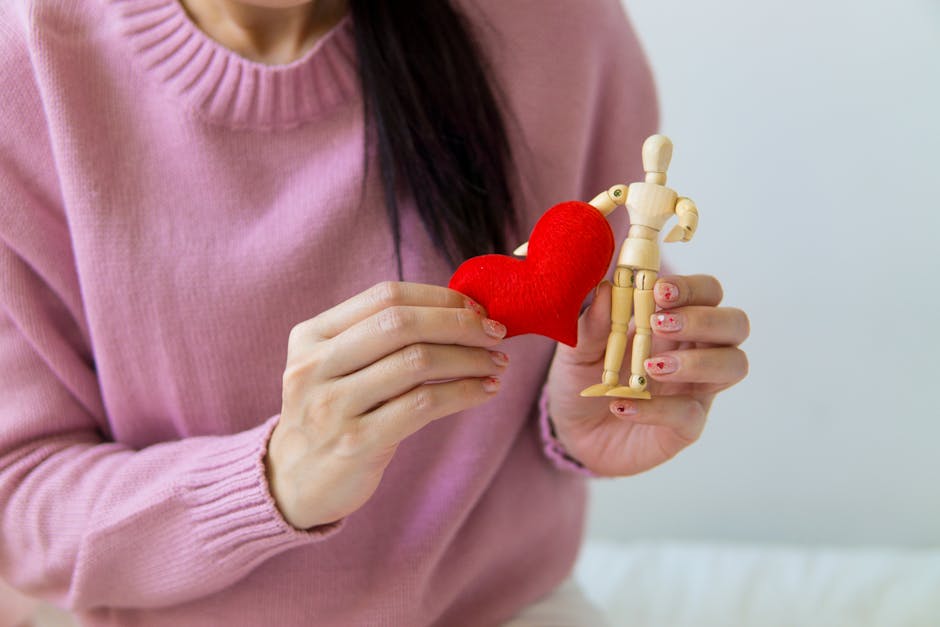Tips For Showing Empathy Towards Your Partner
Empathy is the secret ingredient that strengthens the bond between you and your partner. It’s about stepping into their shoes, feeling their emotions, and truly understanding their perspective. Without empathy, relationships can feel like two ships passing in the night—close, but never truly connecting. If you want to build a deeper emotional connection and foster a healthier relationship, keep reading. These tips will help you become more empathetic and, in turn, create a stronger, more loving partnership.
Key Takeaways
- Empathy is essential for trust, emotional intimacy, and connection in relationships.
- Active listening and open communication are key to understanding your partner’s feelings.
- Self-awareness and patience play a significant role in showing empathy.
- Small actions, like expressing gratitude and sharing vulnerabilities, can deepen emotional bonds.
Understanding Empathy in Relationships
Definition of empathy and its importance in a partnership
Empathy is more than just saying, “I understand.” It’s about genuinely feeling what your partner feels and showing them that their emotions matter to you. Think of it as emotional glue—it holds your relationship together, especially during tough times. Without empathy, misunderstandings can pile up, and emotional distance can grow.
The role of empathy in building trust and emotional intimacy
When you show empathy, you’re telling your partner, “I see you, I hear you, and I care.” This builds trust, which is the foundation of any healthy relationship. Empathy also fosters emotional intimacy, making your partner feel safe to open up about their fears, dreams, and everything in between.
Common barriers to empathy in relationships
Sometimes, life gets in the way. Stress, distractions, or even past experiences can make it hard to be empathetic. You might also struggle if you’re too focused on your own feelings or if you’re quick to judge. Recognizing these barriers is the first step to overcoming them.

Developing Active Listening Skills
Practice active listening to fully understand your partner’s feelings
Active listening is like tuning into your partner’s emotional radio station. It’s not just about hearing their words but truly understanding their message.
Avoid interrupting and focus on their words
Interrupting is like hitting the pause button on their emotions. Let them finish their thoughts before you respond. This shows respect and helps you grasp the full picture.
Summarize and reflect back what you hear
Try saying, “So, what I’m hearing is…” or “It sounds like you’re feeling…” This not only shows you’re paying attention but also helps clarify any misunderstandings.
Be fully present during conversations
Being present means giving your partner your undivided attention. It’s a simple yet powerful way to show you care.
Eliminate distractions to show attentiveness
Put down your phone, turn off the TV, and focus on your partner. Distractions can make them feel like they’re competing for your attention.
Use nonverbal cues like eye contact and nodding
Sometimes, a nod or a warm smile says more than words ever could. These small gestures show you’re engaged and empathetic.

Communicating with Empathy
Use “I” statements to express your feelings without placing blame
Communication can make or break a relationship. Using “I” statements helps you express your feelings without making your partner feel attacked.
Frame concerns constructively to avoid defensiveness
Instead of saying, “You never listen to me,” try, “I feel unheard when we talk.” This shifts the focus from blame to your emotions.
Focus on your emotions rather than accusations
Accusations can put your partner on the defensive. Stick to how you feel and what you need.
Acknowledge your partner’s emotions to validate their experiences
Validation is like saying, “Your feelings are real, and they matter to me.”
Show understanding by mirroring their feelings
If your partner says, “I’m so stressed about work,” respond with, “That sounds overwhelming. I’m here for you.”
Avoid dismissing or minimizing their emotions
Phrases like “It’s not a big deal” or “You’re overreacting” can feel dismissive. Instead, try to understand why they feel the way they do.

Encouraging Deeper Understanding
Ask open-ended questions to foster meaningful conversations
Open-ended questions are like keys that unlock your partner’s thoughts and feelings.
Explore their thoughts and feelings without judgment
Ask questions like, “How did that make you feel?” or “What’s been on your mind lately?” This invites them to share without fear of criticism.
Encourage them to share their experiences freely
Create a safe space where they feel comfortable opening up. Sometimes, just listening is enough.
Show curiosity about their experiences
Curiosity shows you’re genuinely interested in their world.
Demonstrate genuine interest in their perspective
Ask follow-up questions like, “What happened next?” or “How did that affect you?” This keeps the conversation flowing.
Use follow-up questions to deepen the dialogue
Don’t just scratch the surface. Dig deeper to truly understand their emotions.

Cultivating Self-Awareness and Patience
Recognize your own emotions and biases
Self-awareness is like holding up a mirror to your own feelings and reactions.
Reflect on how your feelings may influence your reactions
Ask yourself, “Am I reacting to them, or am I projecting my own emotions?”
Practice self-regulation to avoid projecting onto your partner
Take a deep breath before responding. This helps you stay calm and empathetic.
Practice patience during discussions
Patience is a virtue, especially in relationships.
Allow your partner to express themselves fully without rushing
Give them the time and space to share their thoughts. Rushing them can make them feel unimportant.
Avoid jumping to conclusions or solutions prematurely
Sometimes, they just need you to listen, not fix things.

Strengthening Emotional Connection
Express gratitude regularly to reinforce positive interactions
Gratitude is like sunshine for your relationship—it helps it grow.
Acknowledge their efforts and contributions to the relationship
Say things like, “I really appreciate how you always make me laugh when I’m stressed.”
Highlight specific actions that make you feel appreciated
Be specific. Instead of a generic “Thanks,” say, “Thanks for making dinner tonight. It really means a lot.”
Share your own vulnerabilities to create a safe emotional space
Vulnerability is the bridge to deeper connection.
Open up about your feelings to encourage mutual sharing
When you share your fears or dreams, you invite your partner to do the same.
Build trust by being honest and transparent
Honesty is the foundation of trust. Be open about your thoughts and feelings.

Learning and Growing Together
Learn from conflicts to strengthen your relationship
Conflicts are like storms—they can either destroy or strengthen your bond, depending on how you handle them.
Reflect on disagreements to identify areas for improvement
Ask yourself, “What can we learn from this?”
Approach conflicts as opportunities for growth
Instead of seeing arguments as failures, view them as chances to grow closer.
Engage in empathy exercises to enhance your skills
Empathy is like a muscle—the more you use it, the stronger it gets.
Practice role-playing to understand each other’s perspectives
Switch roles during a discussion to see things from their point of view.
Participate in activities that promote emotional connection
Try activities like journaling or attending workshops together. For more ideas, check out this guide on building healthy relationships (source).
Seeking Support When Needed
Seek guidance from a counselor or therapist if necessary
Sometimes, a little help from a professional can make all the difference.
Address challenges in developing empathy with professional help
Therapists can provide tools and strategies to improve your empathy skills.
Learn strategies to improve communication and understanding
For more tips, explore this article on effective emotional communication (source).
Utilize resources like books or workshops on empathy
Books and workshops can offer fresh perspectives and practical advice.
Explore tools to deepen your emotional connection
Dive into resources like this guide on expressing emotions in a healthy way (source).
Apply learned techniques to your relationship
Put what you learn into practice. Small changes can lead to big improvements.

Empathy is a skill, not a talent. It takes practice, patience, and a willingness to grow. By following these tips, you’ll not only strengthen your relationship but also create a deeper, more meaningful connection with your partner. After all, love isn’t just about being there for someone—it’s about truly understanding them.
Empathy in Relationships: Your Go-To FAQ for Showing Empathy Towards Your Partner
What does it mean to show empathy in a relationship?
Showing empathy in a relationship means understanding and validating your partner’s feelings and experiences. It involves actively listening, being present, and offering support without judgment or trying to ‘fix’ everything immediately.
Why is empathy important in a romantic relationship?
Empathy fosters trust, emotional intimacy, and mutual respect. It helps partners feel seen, heard, and valued, which strengthens the bond and creates a safe space for open communication and vulnerability.
How can I practice active listening to show empathy?
Active listening involves giving your full attention, maintaining eye contact, and avoiding interruptions. Reflect on what your partner says by paraphrasing or asking clarifying questions to show you truly understand their perspective.
What are some verbal ways to express empathy?
You can say things like, ‘I understand why you feel that way,’ or ‘That sounds really tough—I’m here for you.’ Using affirming and supportive language shows your partner that their feelings are valid and important to you.
How can I show empathy when I don’t agree with my partner?
Empathy doesn’t require agreement. Instead, focus on understanding their feelings and perspective. Acknowledge their emotions by saying, ‘I can see why you feel this way,’ even if your viewpoint differs.
What are some non-verbal ways to demonstrate empathy?
Non-verbal cues like maintaining eye contact, nodding, offering a comforting touch, or simply being physically present can convey empathy. Your body language and attentiveness can speak volumes about your care and understanding.
How can I avoid being dismissive of my partner’s feelings?
Avoid phrases like ‘It’s not a big deal’ or ‘You shouldn’t feel that way.’ Instead, validate their emotions by acknowledging their experience and offering support, even if you don’t fully understand or relate to it.
What should I do if I struggle to empathize with my partner?
If empathy feels challenging, try to put yourself in your partner’s shoes and imagine how you would feel in their situation. Ask open-ended questions to better understand their perspective and practice patience with yourself as you grow this skill.
Can empathy help resolve conflicts in a relationship?
Yes, empathy can de-escalate conflicts by helping both partners feel understood and respected. When you approach disagreements with empathy, it becomes easier to find common ground and work toward solutions together.
How can I encourage my partner to show empathy towards me?
Lead by example and communicate your needs clearly. Share how their empathy makes you feel valued and appreciated, and encourage open discussions about how you can both support each other emotionally.



